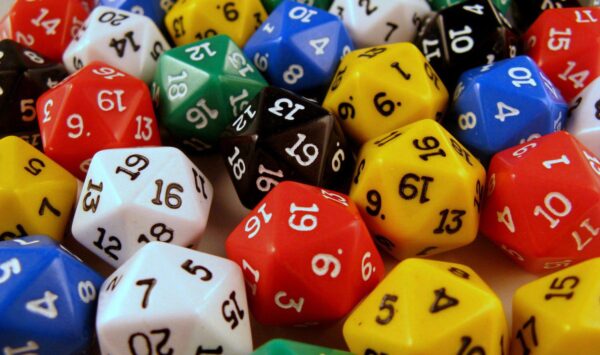For statistics fans, the Eurovision Song Contest has always been a treasure trove of factoids. The show’s long history has provided an abundance of firsts and worsts, with each year adding to the layers of rich data. 2015 is no exception, and an initial analysis throws up some statistical gems.
At the top…
For the first time, a non-winning song scored over 300 points; Russia managed to keep up almost all the way with Sweden, both of them making three centuries before the end of the final voting this year. In fact, the entire top three managed to score 292 or more each – another first in Eurovision history, and a sign of how close a fight the battle was between the top three favourites this year. However, Måns’ 365 points, although impressive, are only the third highest Eurovision score ever, a short way behind Alexander Rybak’s 2009 tally of 387 and Loreen’s 372 points in 2012. Interestingly, all three of the highest Eurovision Song Contest scores ever come from two Scandinavian countries.
Of the 2320 points available from all 40 countries, the top three managed to hog an impressive 41% of them. Bring in the top five, and they account for almost 60% of the total points available. For comparison, in 2014, the top three scooped 35% of the total final points, and the top five just 50%. This points to a real clustering of the top favourites this year, with the reverse effect that fewer points were needed to break the top ten; Bojana managed 10th with just 53 points, whereas Ruth Lorenzo needed 74 to do the same in 2014. In fact, 53 points would have placed Bojana just 16th amongst last year’s finalists.
…and at the bottom
A tied last place in the final – in which the tying countries could not be separated – has not happened since 1997, when Norway and Portugal both landed on zero. A tie on points for last place did occur in 2008, when the UK, Germany and Poland ended up with 14 points each, but they could be separated by traditional tie-break rules, leaving the UK on last place that year.
Despite a record number of songs in the grand final, the tied last placing means that still, no country has beaten the record of 26th place as the worst placing ever in a Eurovision Song Contest final. The UK (2003), Norway (2012), Ireland (2013) and France (2014) share this inauspicious accolade. However, no host country has ever scored zero until this year; we have to go back to 1958 to find anything comparable, when the Netherlands’ Corry Brokken scored just one point, and joint last place, in Hilversum.
The zero itself, of course, last made its appearance in 2003 for the UK’s Jemini, and has become relatively rare since the number of voting countries has risen steadily. By adding another zero to its tally of scores this year, Austria now ties with Norway for the dubious title of ‘most nil points scored’ – both have now failed to win a single point on four occasions each. Norway, however, hangs onto its record for the number of last places.
Vote swapping (and denying)
Greece and Cyprus did not swap the douze this year; however, this has happened more often than Eurovision lore would have us believe (for instance, in 1990, the two countries swapped even lower amounts than in 2015). More remarkable in Vienna was the anti-vote-swapping of the Azeri and Armenian jurors. All five jurors from each one awarded the other country a damning 26th place. While FYR Macedonia and Montenegro had their jury results thrown out for ‘ratio’ irregularities, Azerbaijan and Armenia seem to have escaped that same fate for a rather suspect political detail in their voting.




